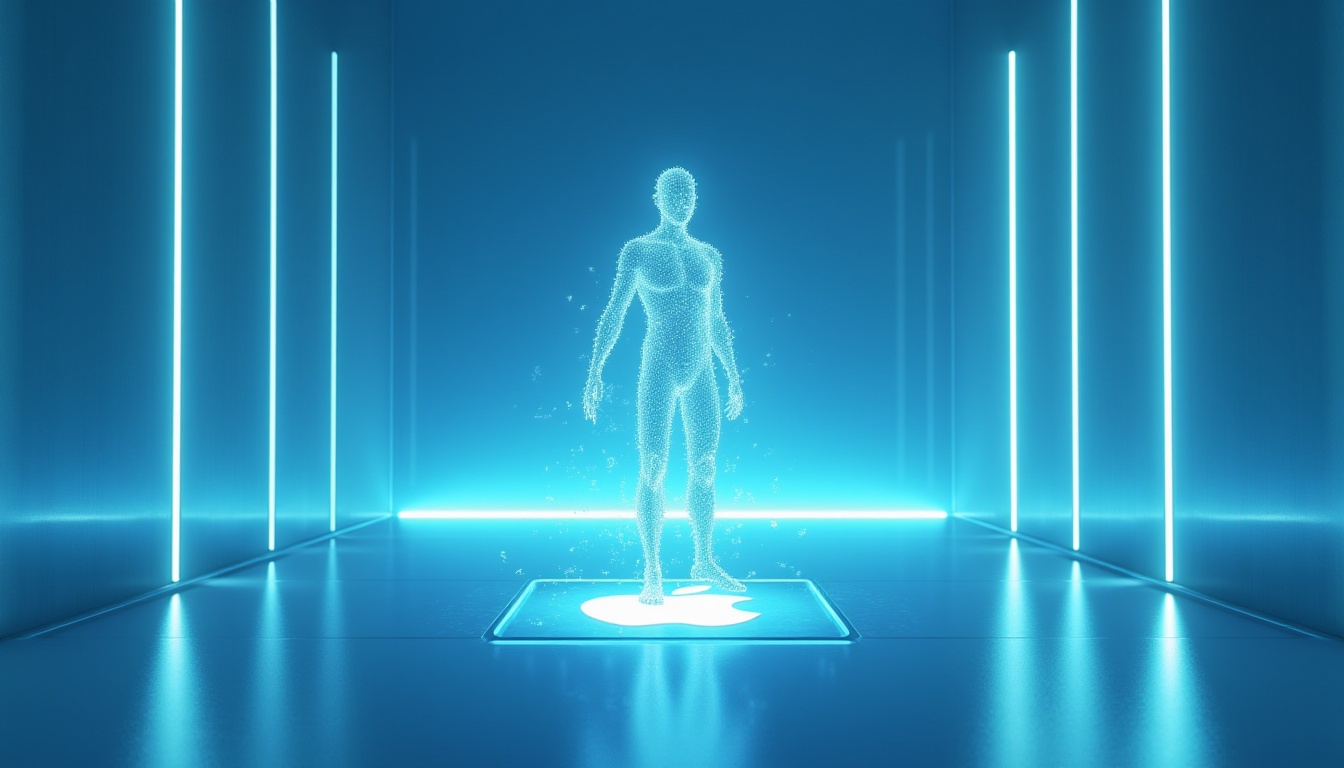In the dazzling skylines of Singapore, Seoul, and Shenzhen, the hum of data has become the new pulse of life. Smart lampposts watch over our commutes, welfare systems analyze behavioral data to allocate aid, and AI-driven governance promises seamless efficiency. Yet, as these systems expand, so does a quiet unease: are we building cities of enlightenment — or algorithmic obedience?
When Efficiency Becomes Control
Governments across Asia have embraced digital transformation as a tool for modernization and competitiveness. Singapore’s Smart Nation initiative, China’s City Brain, and Seoul’s AI traffic management platforms all claim to enhance citizens’ quality of life. But these systems collect staggering amounts of personal data — from facial recognition on every corner to predictive analytics monitoring welfare recipients.
The UN Special Rapporteur on Privacy recently warned that such architectures can slide from efficiency to surveillance without warning. Once data streams connect welfare, mobility, and healthcare, the line between convenience and control blurs dangerously.
Private tech giants, often in partnership with governments, act as unseen architects of this new order. Their algorithms decide who receives benefits, who gets flagged for review, and sometimes, who falls through the cracks.
The Rise of the “Digital Citizenry”
Let’s be real: living in a data-driven city feels seductive. Everything is personalized — traffic lights adapt, energy grids self-balance, and AI assistants guide us through bureaucratic labyrinths. Yet behind this smooth experience, a second social layer emerges — one defined by digital visibility and algorithmic worth.
Those who “fit the model” glide effortlessly through city systems. Those who don’t — the digitally excluded, the elderly, the undocumented — risk becoming invisible. A zombie-like existence, where you’re physically present but administratively dead.
It’s not science fiction. In some welfare platforms across Asia, eligibility is determined by predictive models assessing “risk behavior.” A single anomaly in your digital profile — a missed payment, a late login — can trigger automatic suspension of aid. The logic is purely technical, but the consequences are painfully human.
Beauty and the Binary
There’s an irony here that any of us living the hyperconnected life can feel. We chase the aesthetic of the digital city — glass towers, AR-enhanced streets, AI-curated art exhibitions — but behind this sleek facade, the code itself becomes a gatekeeper of belonging.
As a glamtech influencer, I love the elegance of smart living. But the more I see these systems evolve, the more I ask: who gets to decide what “smart” means?
Tech should be an enabler, not an enforcer. To avoid the “zombie dystopia” scenario, we must design transparent, accountable digital infrastructures — where citizens understand how decisions are made and can challenge them.
Redefining Progress
The path forward isn’t about rejecting digitalization — it’s about redefining progress. Urban tech needs ethical design baked into every layer: data governance, explainable AI, and citizen oversight. The UN has called for “human-centric digitalization,” urging cities to prioritize privacy and dignity over performance metrics.
Asia’s cities have a unique chance to lead — not just in AI innovation, but in digital ethics. The real innovation lies not in building smarter sensors, but in fostering smarter societies.
FAQs
1. What does “zombie-like dystopia” mean in this context?
It refers to societies where people become data entities — controlled, predictable, and emotionally disconnected — rather than autonomous citizens with agency and privacy.
2. Why focus on Asian cities?
Because they’re global pioneers in smart infrastructure, combining high tech with strong governance. Their experiments define how digital societies might look worldwide.
3. What safeguards can prevent this scenario?
Strong data protection laws, algorithmic transparency, independent audits of public AI systems, and citizen participation in tech policy design.
Conclusion
Digitalization is not destiny. We can build cities that are both intelligent and humane. The challenge is to ensure technology amplifies our humanity rather than automating it away.
As I walk through Singapore’s Marina Bay — sensors glowing, drones mapping, citizens scrolling — I realize the future isn’t coded yet. We’re still writing it, line by line, choice by choice.
Sources:

 IA explicable impulsa la navegación marítima
IA explicable impulsa la navegación marítima